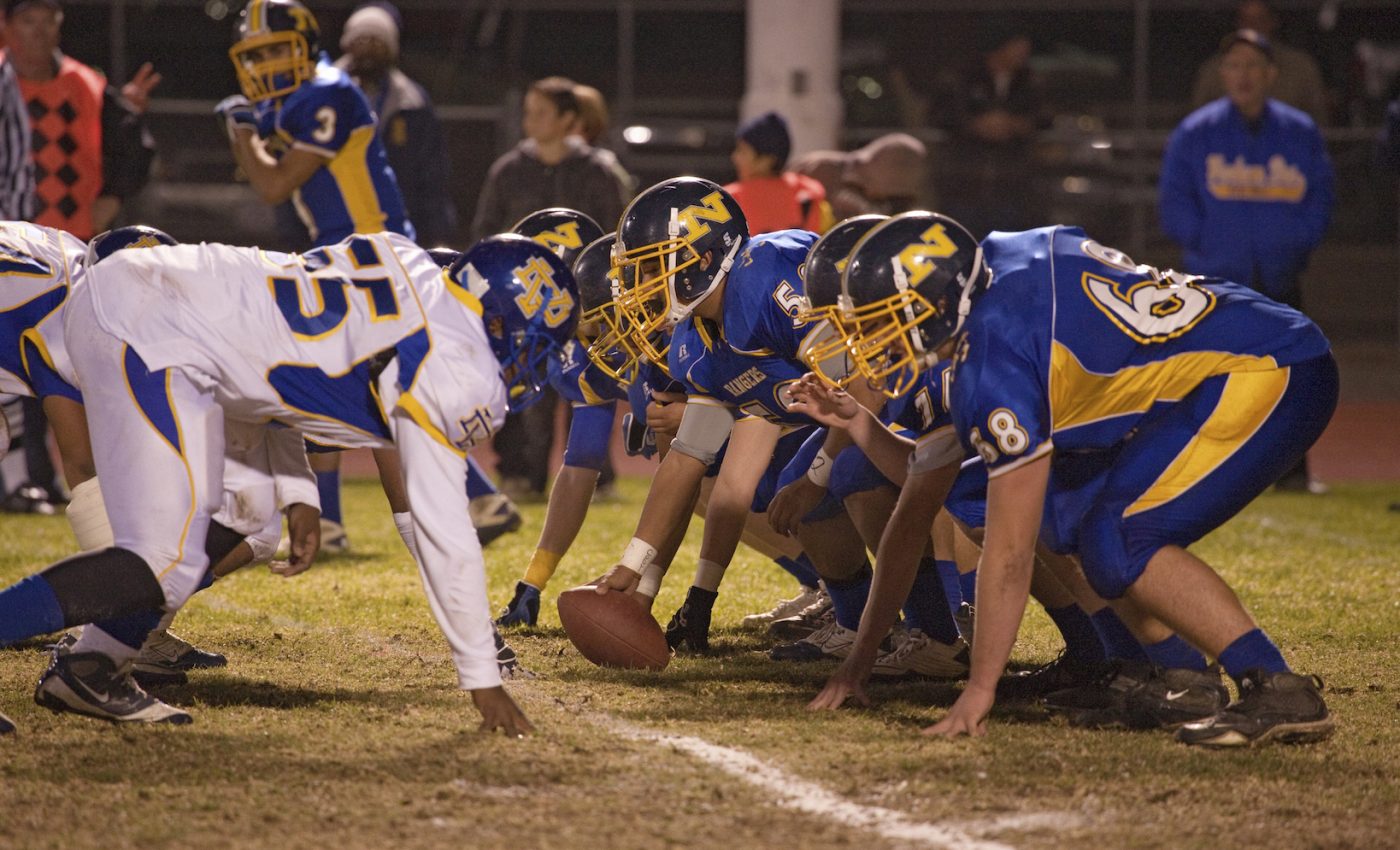
Are youth football head impacts linked to cognitive decline?
Three million children in primary and high school play tackle football in the United States each year. Meanwhile, there has been growing concern about the potential long-term effects of full-contact sports.
An investigation into the outcome of repetitive sub-concussive head impacts among youth football players has found no correlation with a decline in neurocognitive function.
Study lead author Dr. Sean Rose is a pediatric sports neurologist and co-director of the Complex Concussion Clinic at Nationwide Children’s Hospital.
“When trying to determine the chronic effects of repetitive sub-concussive head impacts, prospective outcomes studies are an important complement to the existing retrospective studies,” said Dr. Rose.
“In this study of primary school and high school football players, a battery of neurocognitive outcomes tests did not detect any worsening of performance associated with cumulative head impacts.”
The research was focused on 112 football players between the ages of 9 and 18 during the 2016 football season.
Both before and after the season, a range of assessments were performed including: neuropsychological testing, symptoms assessment, vestibular and ocular-motor screening, balance testing, parent-reported ADHD symptoms, and self-reported behavioral adjustment.
The researchers placed sensors in the players’ helmets to record sub-concussive head impacts during practices and games. To yield a cumulative impact measure, the experts added the impact g-forces.
From pre-season to post-season, cumulative impact did not predict changes in any of the outcome measures. Dr. Rose also pointed out that players with a history of one or more concussions did not perform worse during pre-season testing.
A secondary analysis revealed that a history of attention deficit hyperactivity disorder (ADHD) and younger age were associated with score changes on several cognitive testing measures. In addition, a history of anxiety or depression was linked to changes in scores of symptom reporting.
“We expected repetitive impacts to correlate with worsening neurocognitive function, but we found that sub-concussive head impacts sustained over the course of a single season were not associated with neurocognitive functional outcomes. And also surprising, sustaining isolated high g-force impacts was also not associated with worse outcome,” said Dr. Rose. “The lack of a significant association may reflect the need for longer follow up – so we are continuing to follow kids across multiple seasons.”
This paper is the first in a series from the four-year prospective cohort study. Dr. Rose will be presenting data from the second year of the study at the upcoming Child Neurology Society meeting in mid-October.
The research is published in The Journal of Head Trauma Rehabilitation.
—
By Chrissy Sexton, Earth.com Staff Writer












